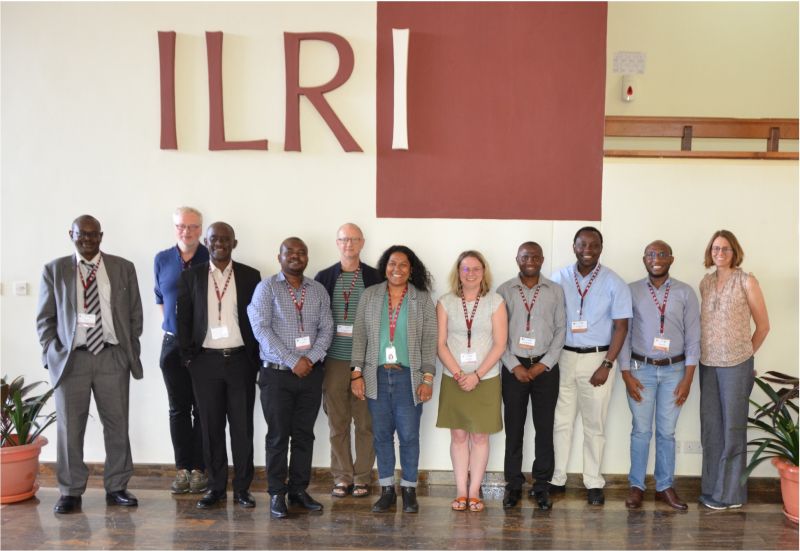Project Title: Climate influence on zoonoses at human-livestock-wildlife interfaces in the transboundary region between Kenya and Tanzania (ENHANCE)
Funded by DANIDA, Denmark
Lead institution: University of Copenhagen (UCPH), Denmark.
Partner institutions:
- Sokoine University of Agriculture (SUA), Tanzania;
- Aarhus University (AU), Denmark;
- University of Nairobi (UoN), Kenya;
- International Livestock Research Institute (ILRI), Kenya
Researchers at SUA:
- Prof. Amandus Muhairwa, Department of Veterinary Medicine and Public Health;
- Dr. Augustino Chengula, Department of Microbiology, Parasitology and Biotechnology.
Project duration: Five Years (1 October, 2023 to 30 September, 2028)
Project Summary
There exists a close interconnection between wildlife, humans, livestock, and the environment, facilitating the transmission of various pathogens from animals to humans. The increase in temperatures and rainfall fosters favorable conditions for pathogen survival, multiplication, and transmission, while detrimentally affecting livestock production. Furthermore, the rise in droughts diminishes freshwater availability, heightening the risk of humans and livestock consuming contaminated water.
This One Health project aims to gain a deeper understanding of these intricate relationships between climate indicators and the heightened survival of emerging and neglected zoonotic pathogens at unique, shared interfaces among humans, livestock, and wildlife. It also seeks to explore how these dynamics impact human and livestock health and livelihoods. Employing a multidisciplinary approach that encompasses biogeochemical, microbiological, epidemiological, statistical, and sociological methods, this project will supply invaluable evidence to aid in the prevention, preparedness, and response to zoonotic threats while addressing the issue of global warming.
Project kick off: Inception meeting held from 16-19/10/2023 at the International Livestock Research Institute (ILRI), Nairobi Kenya.

